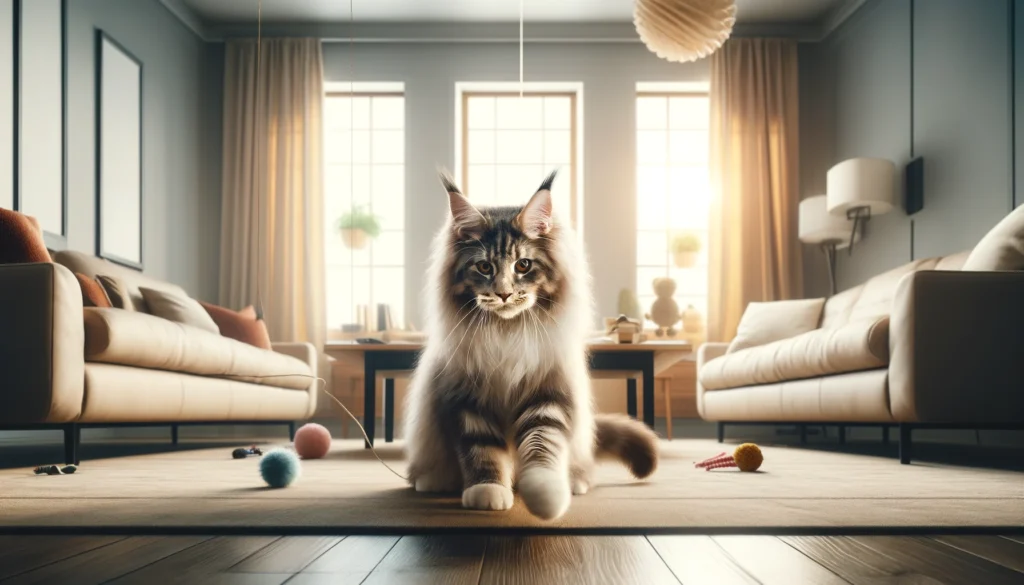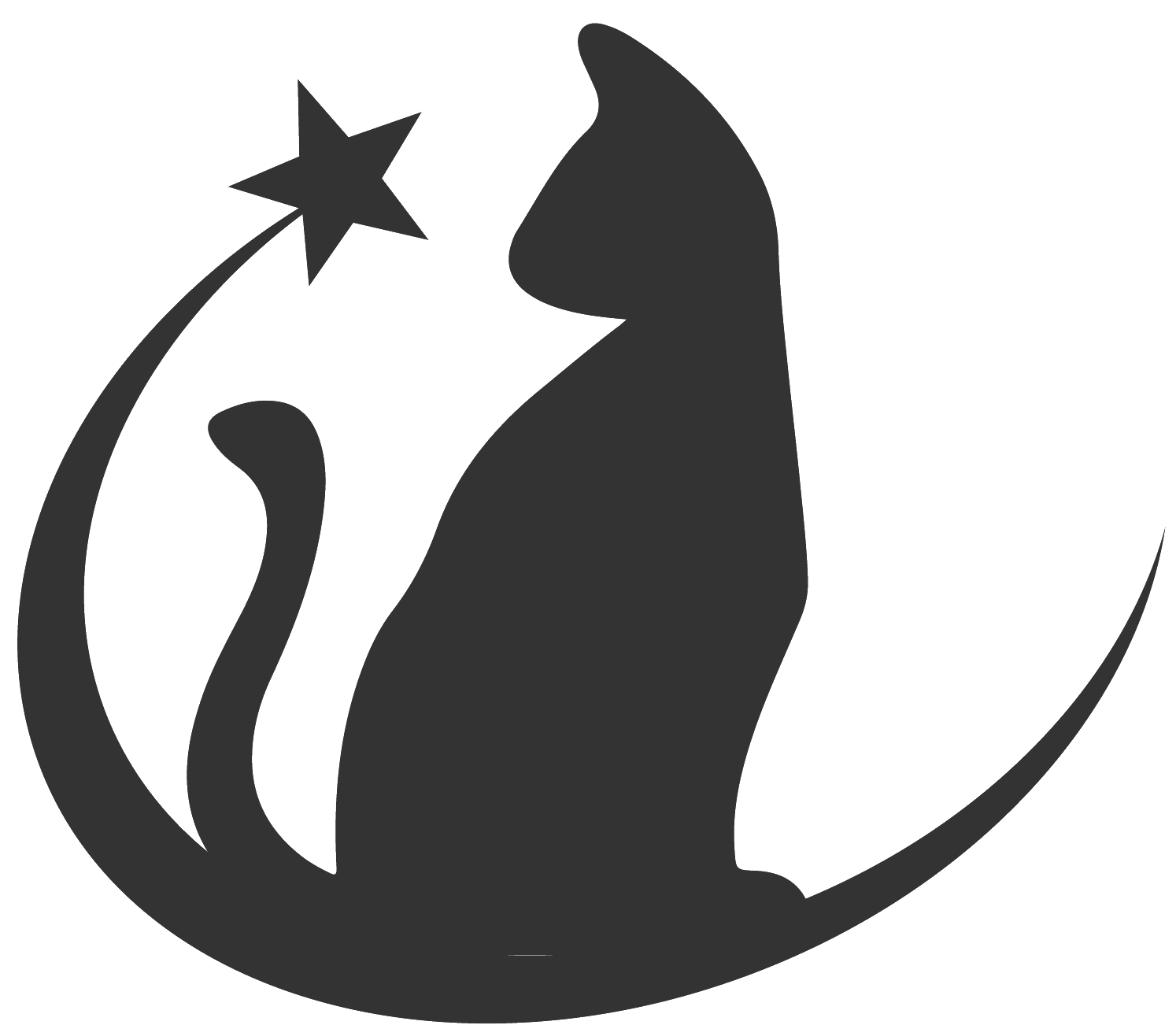
Maine Coon cats are a remarkable breed with an impressive history and distinctive characteristics that captivate cat lovers worldwide. Known for their large size, gentle nature, and intelligence, these felines are more than just pets; they are majestic companions. In this article, we delve into the grandeur of Maine Coon cats by exploring seven fascinating facts that make them truly unique.
The Origins of Maine Coon Cats
The origins of Maine Coon cats are shrouded in mystery and folklore. One popular legend suggests that they are descendants of long-haired cats belonging to Marie Antoinette, which were shipped to America during the French Revolution. Another theory posits that they resulted from the mating of domestic cats and raccoons, which explains their bushy tails and distinctive appearance. However, the most accepted theory is that Maine Coon cats originated from seafaring cats brought to North America by European settlers. These cats adapted to the harsh New England winters, developing their thick, water-repellent coats and tufted ears.
Majestic Size and Appearance
Maine Coon cats are one of the largest domesticated cat breeds. Males typically weigh between 13 to 18 pounds, with some even reaching 20 pounds or more, while females are slightly smaller. Their robust bodies, broad chests, and muscular frames give them a powerful yet elegant presence. One of the most striking features of Maine Coon cats is their luxurious coat, which is long, dense, and silky. They have a distinctive ruff of fur around their necks, tufted ears, and bushy tails that they use to keep warm in cold weather.
Affectionate and Gentle Temperament
Despite their imposing size, Maine Coon cats are known for their gentle and affectionate nature. Often referred to as “gentle giants,” they are friendly, social, and good-natured. These cats enjoy the company of their human families and are known to get along well with children and other pets. Maine Coons are not typically lap cats, but they do enjoy being close to their owners, often following them from room to room and engaging in interactive play.
Intelligent and Playful Personalities
Maine Coon cats are highly intelligent and curious creatures. They are quick learners and can be trained to perform tricks, fetch toys, and even walk on a leash. Their playful nature persists well into adulthood, making them a fun and engaging addition to any household. Maine Coons are also known for their love of water, which is unusual among domestic cats. They may play in their water bowls or join their owners in the shower, displaying their unique affinity for aquatic adventures.
Health and Longevity
Maine Coon cats are generally healthy and robust, but like all breeds, they can be prone to certain genetic conditions. Hypertrophic cardiomyopathy (HCM), a form of heart disease, and hip dysplasia are two health issues that can affect Maine Coons. Regular veterinary check-ups and responsible breeding practices can help mitigate these risks. On average, Maine Coon cats have a lifespan of 12 to 15 years, though many live well into their late teens with proper care and nutrition.
Distinctive Vocalizations
Maine Coon cats are known for their unique vocalizations. Unlike the typical meow of most cats, Maine Coons produce a variety of sounds, including chirps, trills, and chattering. These vocalizations are often used to communicate with their owners, express excitement, or signal the presence of prey. The charming and expressive nature of their vocalizations adds to the appeal of having a Maine Coon as a pet.
Grooming and Care
Maintaining the luxurious coat of a Maine Coon cat requires regular grooming. Their long fur can become matted if not brushed frequently, so it is essential to establish a grooming routine early on. Weekly brushing helps to keep their coat in top condition and reduces shedding. Additionally, Maine Coons need regular nail trimming, ear cleaning, and dental care to ensure their overall health and well-being.
The grandeur of Maine Coon cats is evident in their majestic appearance, gentle temperament, and unique characteristics. These fascinating felines offer a blend of beauty, intelligence, and affection that makes them stand out among cat breeds. Whether you are a seasoned cat owner or new to the world of felines, discovering the charm and allure of Maine Coon cats is an enriching experience that will undoubtedly leave a lasting impression.
FAQs
What is the origin of Maine Coon cats?
Maine Coon cats are believed to have originated from seafaring cats brought to North America by European settlers. Their exact origins are unclear, but they adapted to the harsh New England winters, developing their distinctive thick coats and tufted ears.
How big do Maine Coon cats get?
Maine Coon cats are one of the largest domesticated cat breeds. Males typically weigh between 13 to 18 pounds, with some reaching 20 pounds or more. Females are slightly smaller, but still larger than many other cat breeds.
Are Maine Coon cats good with children and other pets?
Yes, Maine Coon cats are known for their friendly and gentle nature. They generally get along well with children and other pets, making them an excellent choice for families.
Do Maine Coon cats require a lot of grooming?
Yes, Maine Coon cats require regular grooming to maintain their luxurious coats. Weekly brushing is recommended to prevent matting and reduce shedding. They also need regular nail trimming, ear cleaning, and dental care.
What are some common health issues in Maine Coon cats?
Maine Coon cats can be prone to certain genetic conditions, such as hypertrophic cardiomyopathy (HCM) and hip dysplasia. Regular veterinary check-ups and responsible breeding practices can help mitigate these risks.
Why do Maine Coon cats have unique vocalizations?
Maine Coon cats are known for their distinctive vocalizations, which include chirps, trills, and chattering. These sounds are often used to communicate with their owners, express excitement, or signal the presence of prey.
Sources:
